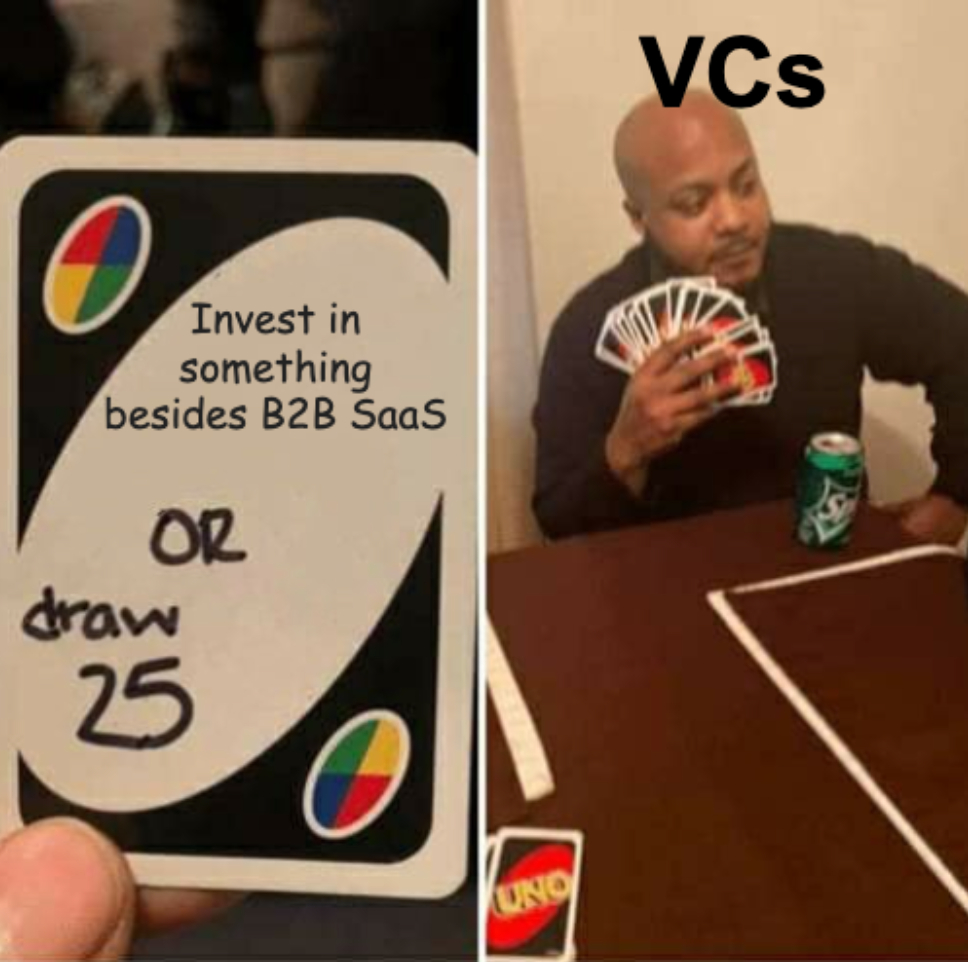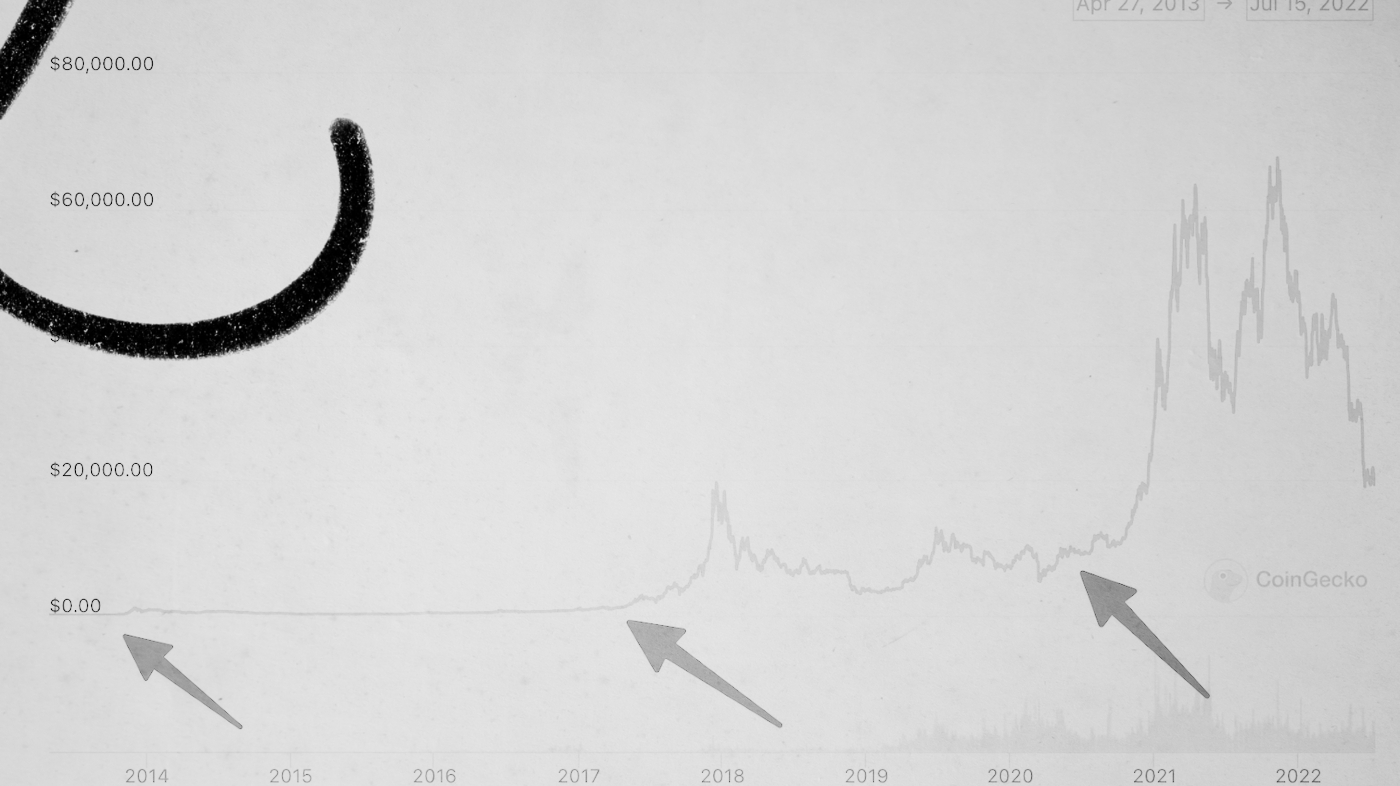
Medium, Online Courses, and Venture Capital’s Soul
Here’s everything we published this week.
July 16, 2022 · Updated January 27, 2026
Knowledge Partner: McKinsey & Company
Saying no could advance your career. When was the last time you were asked to take on nonpromotable work? Handling tasks or assignments that help your organization but not your career can have a profound effect on women’s jobs and lives. In a new Author Talks interview, Lise Vesterlund explains why women so often agree to it—and how they can say no.
Happy Sunday!
This week, we’ve got words on Medium, venture capital, and online courses. Plus, a crash course on understanding crypto hype cycles.
Let's get to it!
Did Medium Succeed?
Nathan Baschez / DivinationsThere’s a certain narrative out there about the publishing platform Medium: they pivoted too much and screwed over writers, raised too much money and failed to achieve their overly ambitious goal of “fixing the media.”
The way Nathan sees it, there’s some truth to that narrative—but the reality is also a lot more nuanced and interesting. So in this post, he digs into the full story of Medium in order to explore questions like: What happens when traditional media and open platforms collide? Why do so many efforts to save media end in disappointment? And what’s next for reading and writing on the internet?
Has Venture Lost Its Soul?
Evan Armstrong / Napkin MathWhen Evan first became enamored with venture capital as a starry eyed youth, he envisioned a future of flying cars and nuclear reactors, of spacecraft and biohacking and teleportation. What he got was infinite reskinned versions of Excel.
Okay, maybe that’s an exaggeration. But it does feel like venture has drifted a long way from the days of Arthur Rock and Fairchild Semiconductor. In this post, Evan takes us on a journey through the history of venture capital, using Sebastian Mallaby’s book The Power Law as a blueprint. The goal: get to the bottom of what exactly happened to the venture capital industry to take it so far from its pioneering roots. Spoiler alert: the answer involves one of Evan’s favorite hobby horses, the pursuit of IRR at all costs.
Teaching That Sells
Sarah M. Chappell / EveryWhen writer, strategist, and coach Sarah M. Chappell first discovered online courses in 2016, it seemed like a godsend. Finally, here was a way for her to get leverage on her time and build a business that worked for her instead of the other way around.
And that’s all true—Sarah has built a successful online business with help from online courses. But after six years building online courses and helping others to do the same, Sarah’s also come to realize that the world of online courses is a lot more complicated than it seems on the surface. In this piece, Sarah takes us deep into that world. Along the way, she wrestles with the complexities of the space and what happens when education and the creator economy collide.
Understanding and Profiting from Crypto Hype Cycles
Nat Eliason / AlmanackAs they say, history doesn’t repeat—but it does rhyme. If you’ve been following crypto, you know that it moves in large cycles. So far, there have been three: one starting in 2013, one starting in 2017, and one starting in 2020. And, given the human tendency toward FOMO, there’s no reason to believe these cycles will stop any time soon.
In this post, Nat unpacks the crypto hype cycle with the goal of answering two questions: How can we prepare mentally and make sure we benefit from these hype cycles rather than falling prey to them? And how do we do it without trying to time the top and bottom?
What I’m Holding Through the Bear Market
Nat Eliason / AlmanackFor the past few weeks, Nat’s been feeling reflective, looking back at the failures, successes, and lessons from the last two years of his crypto journey. This week, he turns his attention to the present and near future.
Assuming the next couple of years are going to be pretty underwhelming for crypto pricing as seems likely, Nat asked himself: What would he be comfortable holding through the bear market. In this piece, he lays out his picks, which he chose using three criteria: projects he has good conviction on, that require zero or minimal maintenance, and that accrue value without just printing tokens.
A Few More Recommendations
How Do I Get More Technical? | Technically
It’s engineers’ world, and we’re all just living in it. So what are the rest of us supposed to do? In this post, Justin Gage, formerly of Retool, shares his tips for how to become more technical and be more effective at work.
I should have loved biology | James Somers
When it comes to learning new information, so much depends on how we are taught. In this article, James Somers reflects on how he was taught biology without ever connecting it with the sense of wonder it deserves—and how he’s connected with that sense of wonder now.
What Do I Think About Network States? | Vitalik Buterin
Much has been made of crypto's potential to build, not just new businesses, but entire new societies. In this article, Ethereum co-founder Vitalik Buterin weighs in on the subject of "network states."
That's all for this week!
The Only Subscription
You Need to
Stay at the
Edge of AI
The essential toolkit for those shaping the future
"This might be the best value you
can get from an AI subscription."
- Jay S.
Join 100,000+ leaders, builders, and innovators

Email address
Already have an account? Sign in
What is included in a subscription?
Daily insights from AI pioneers + early access to powerful AI tools












Comments
Don't have an account? Sign up!